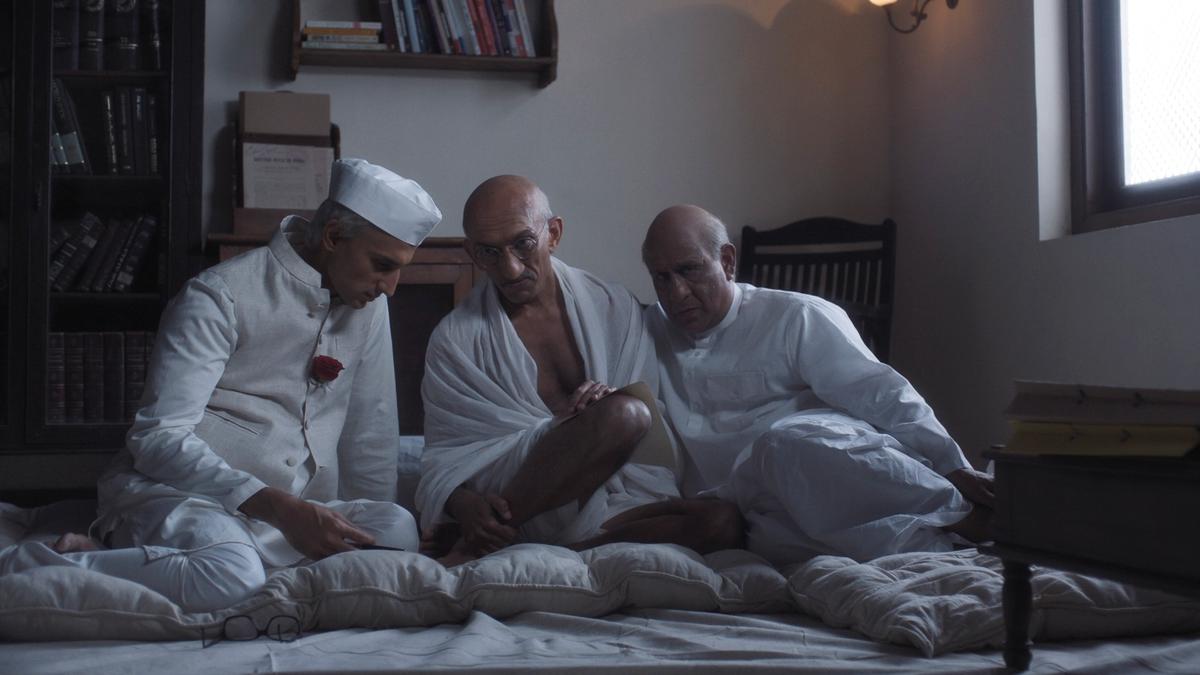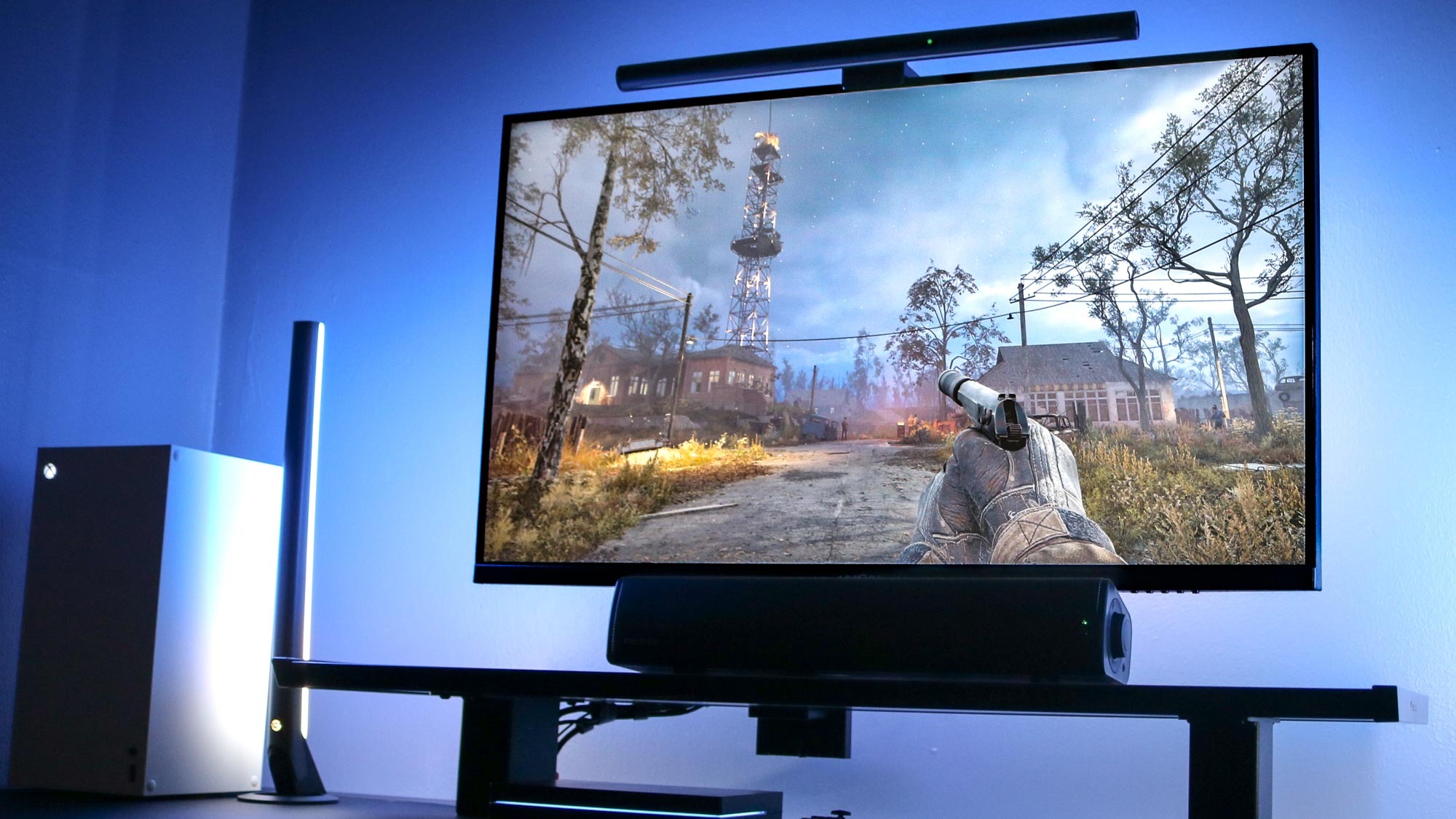
Once a purveyor of Bollywood entertainment, director Nikkhil Advani of late is exploring drama surrounding real, epochal events – life-altering situations where the decisions are not made based on right and wrong, but on the pretext of consequences. A slippery ground to navigate, he got it right in Mumbai Diaries set against 26/11 terror attacks in the metropolis and doesn’t disappoint in Freedom At Midnight either. A fairly faithful adaptation of Dominique Lapierre and Larry Collins’ non-fiction book, Advani’s ambitious work presents a layered account of the painful events surrounding India’s Independence whose impact is diminished by a selective gaze and some ordinary casting choices.
Addressing history buffs rather than historians, the canvas is sprawling and the events involve personalities whose decisions — and their outcomes — are still being debated. The series manages to put the nuances of competing interests and moral dilemmas in the transfer of power in the context of human lives and clears some of the dust that settled on painful historical events. It was not just about Hindus and Muslims; Sikhs had their future at stake as well.
It was not just about the religious divide; Bengal was staring at the partition of cultures. What could not be ceded to the Muslim League at the time of Lord Wavell had to be accepted by the Congress at the time of Mountbatten because of changed electoral arithmetic and charged religious rhetoric. As it is not a biographical account of one leader’s life, the writers are allowed to humanise the different political personalities, including Mahatma Gandhi, and subject them to scrutiny, without any disrespect.
Contentious issues like Gandhi choosing Nehru over Patel and his insistence on offering the PM’s chair to Jinnah have been deftly addressed. A seemingly insignificant line in a flashback sequence where Gandhi addresses Nehru as the son of Motilal (Nehru) provides a sense of their relationship. Similarly, the sequence establishing the fractured relationship between Jinnah and Gandhi puts the past and their eventual political journeys in perspective.
The events are informed by the ingenuity of Gandhi, the pragmatism of Patel, the idealism of Nehru, the self-interest of Jinnah and the procrastination and deceit of the British. Backed by Lappiere and Collins’ screenplay-like writing, the series allows the layers to unravel in a pacy, engaging fashion. The long form and the somewhat neutral gaze of the authors of the source material allow Advani to map the intricacies of human drama and personality clashes.
The scene where Gandhi talks to the Mountabattens about his stolen watch gives goosebumps as the old man hasn’t just lost a device but his article of faith has been stolen. The sartorial choices of the last viceroy and his unmistakable love for pageantry provide an insight into the last days of Colonial rule when, ironically, the Labour Party government was in power in England. Creative liberty is taken to create a scene where Gandhi crosses a rivulet after a Muslim mob breaks the bridge between Muslim and Hindu neighbourhoods after communal clashes in Noakhali.
The scene captures not only the fractured relations between the two communities but also the moral power of the Mahatma in times when hate was the ruling emotion. However, the role of the Rashtriya Swayamsevak Sangh (RSS) and the Hindu Mahasabha in stoking the Muslim separatist sentiment is kept out until the very end of the first season. For a large part, the cinematic gaze gives the impression that a disproportionately large number of Muslims were on the streets to demand a separate State forcing the Congress to yield.
Arif Zakaria as Muhammad Ali Jinnah in ‘Freedom At Midnight’ The dialogues are persuasive without being bombastic. Jinnah’s line that either India will be divided or destroyed continues to ring a bell. So does Vallabhbhai’s deep observation that “India is changing, and so are its people.
” One could have reservations about the slant of the arguments but they can’t be dismissed. The limitations of the source material are reflected in the storytelling as well. There is little or no space for the common man in whose name all the political maneuvering is happening.
The writing gets journalese and feels somewhat tilted towards the British perspective of the events. Lappiere and Collins tried to find some sagacity in Lord Mountbatten’s hurry to pack the bags, leaving the ground for a civil war, but the series attempts to cut through the facade to showcase how ‘divide and rule’ was shrewdly employed as part of Operation Seduction. Supported by a lush production design, the conniving conversations and calculations behind the high walls of the Viceroy’s House make for some engrossing moments, including the informal chats between Nehru and Edwina (Mountbatten) captured in a series of long shots.
Striking performances by English actors Luke McGibney and Cordelia Bugeja as Louis and Edwina Mountbatten ensure the British characters don’t sound different in their tone, tenor, and worldview. The casting of the Indian leaders, however, is a bit uneven. One had to cast off the images of Ben Kingsley, Rajit Kapoor, and Roshan Seth to accept Chirag Vohra and Siddhant Gupta as Gandhi and Nehru respectively.
It takes time to get used to the prosthetics and their drawl. Chirag is brilliant in some sequences where he seems to have internalised Gandhi’s spirit but there are moments where he overdoes the act and threatens to become a caricature. A decent actor, Sidhant is too young to play Nehru.
He remains a work in progress as he could not fully convey the gravity of the man wedded to secular and socialist ideas. Rajendra Chawla’s Patel appears a bit too chatty for the image of the Iron Man. However, the seasoned actor gradually grows into the character as the series progresses, leaving a solid impact as a selfless figure.
So does Arif Zakaria as the deeply conflicted character of Jinnah, the pipe-smoking barrister who fashions himself as the sole spokesperson of Muslims. Watch the series to be a step ahead of WhatsApp University, and also to ignite your appetite for history books. Freedom At Midnight is currently streaming on SonyLIV Published - November 16, 2024 11:38 am IST Copy link Email Facebook Twitter Telegram LinkedIn WhatsApp Reddit Indian cinema / Hindi cinema / television.














